The Secondhand Store That Feels like a High-End Boutique
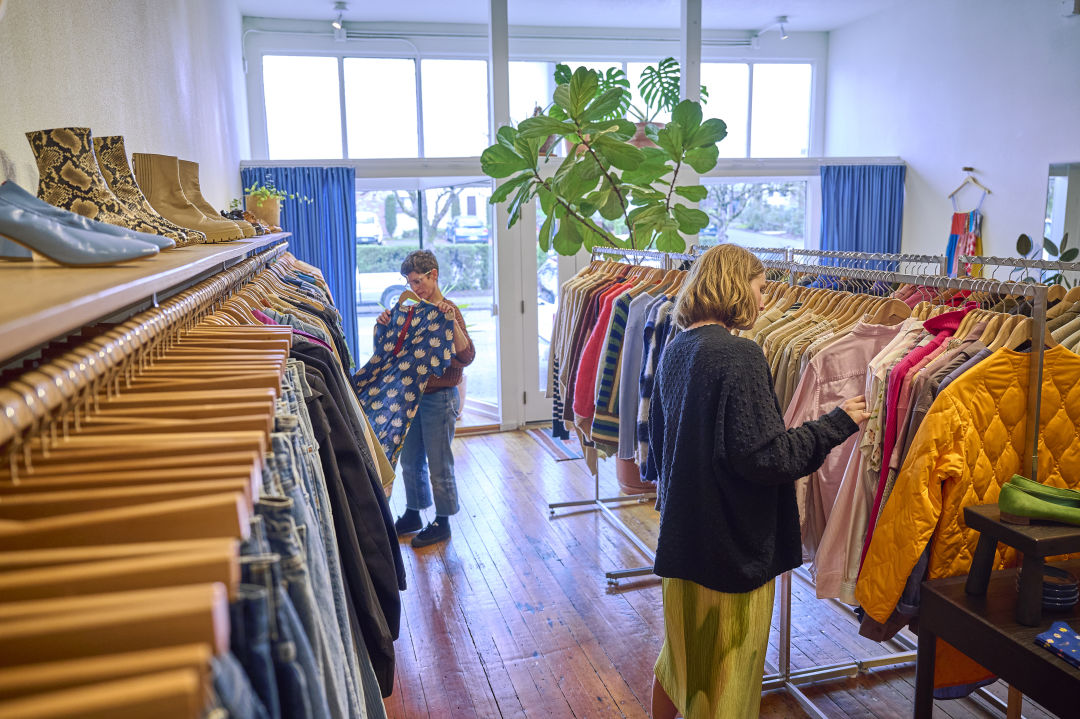
Through its selective buying process, and with the aid of a like-minded customer base, Deep Lake maintains one of the city’s most cohesive second-hand showrooms.
There is an adage that a business chooses its customers. The products, and the lifestyle sold alongside them, specify the clientele. It’s not just that a boutique attracts people in need of clothes, but the world a boutique conjures attracts a customer who wants to live in that universe. The idea grows more nebulous in a consignment shop, a universe stocked with garments brought in by customers, and therefore conjured in collaboration with the clientele.
Or so you might think. It’s impossible to miss the distinct sensibility walking into Deep Lake, a consignment store on SE Belmont Street. (See more favorite secondhand shops.) Fluffy, handknit Lauren Manoogian sweaters and angular biker jackets from Acne Studios give the impression of a designer boutique. But the warm-hued wood and ever so slightly overfull racks give the welcome feel of a thrift store. When they founded the shop in 2021, owners Isabelle Johnson and Sara Barner dreamed of a secondhand version of higher-end shops around town. “Brands you would see at boutiques like Shop Boswell or Frances May, or Una or Stand Up Comedy,” Johnson says, “we wanted our consignment store to have those types of clothes in it.”
Not only are the $2,000 Bottega Veneta clutches and crocheted Bode blouses brought in by customers, those customers are on a one- to two-month waitlist for consignment appointments. Johnson and Barner set the tone by filling the store with a highly curated spread on opening day. Customers, Johnson says, had no trouble reading the room: “They were like, ‘Oh, this is the type of stuff.’” A selective buying process keeps the standard high, though the shop’s identity seems to grow clearer and clearer as time wears on. “That’s the thing with consignment,” Johnson says. “It becomes self-selective.” They also keep items on the floor for only 60 days, which helps to further weed out potential duds.
They have shifted the model to include a wider price range and selection of sizes by taking in high-quality pieces from more modest brands, like L.L.Bean or J.Crew, favoring vintage and natural fibers. The resulting shop resembles an actual person’s very tidy closet (designated women’s garments make up roughly three quarters of the shop, though gender lines blur), flashy and sumptuous pieces mingling with everyday staples.
Before starting Deep Lake, Johnson worked at Button, another local consignment store that closed during the pandemic. While words like “sustainability” and “circular fashion” have mostly been sapped of meaning, she has seen an enduring desire in the city for a place to engage with high-quality clothes after their original point of sale. She talks about Deep Lake’s role in the practice like a mission, one that involves regulars who drop in weekly. Sorting through the city’s cast-off clothes is a task divvied among its secondhand stores, each holding down their corner of the resale market; together, they organize and recirculate this swelling tide of clothes. “That’s the overwhelming thing,” Johnson says. “You’re just like, ‘Holy shit, there’s a lot of fucking clothes out there.’”
Share this content:


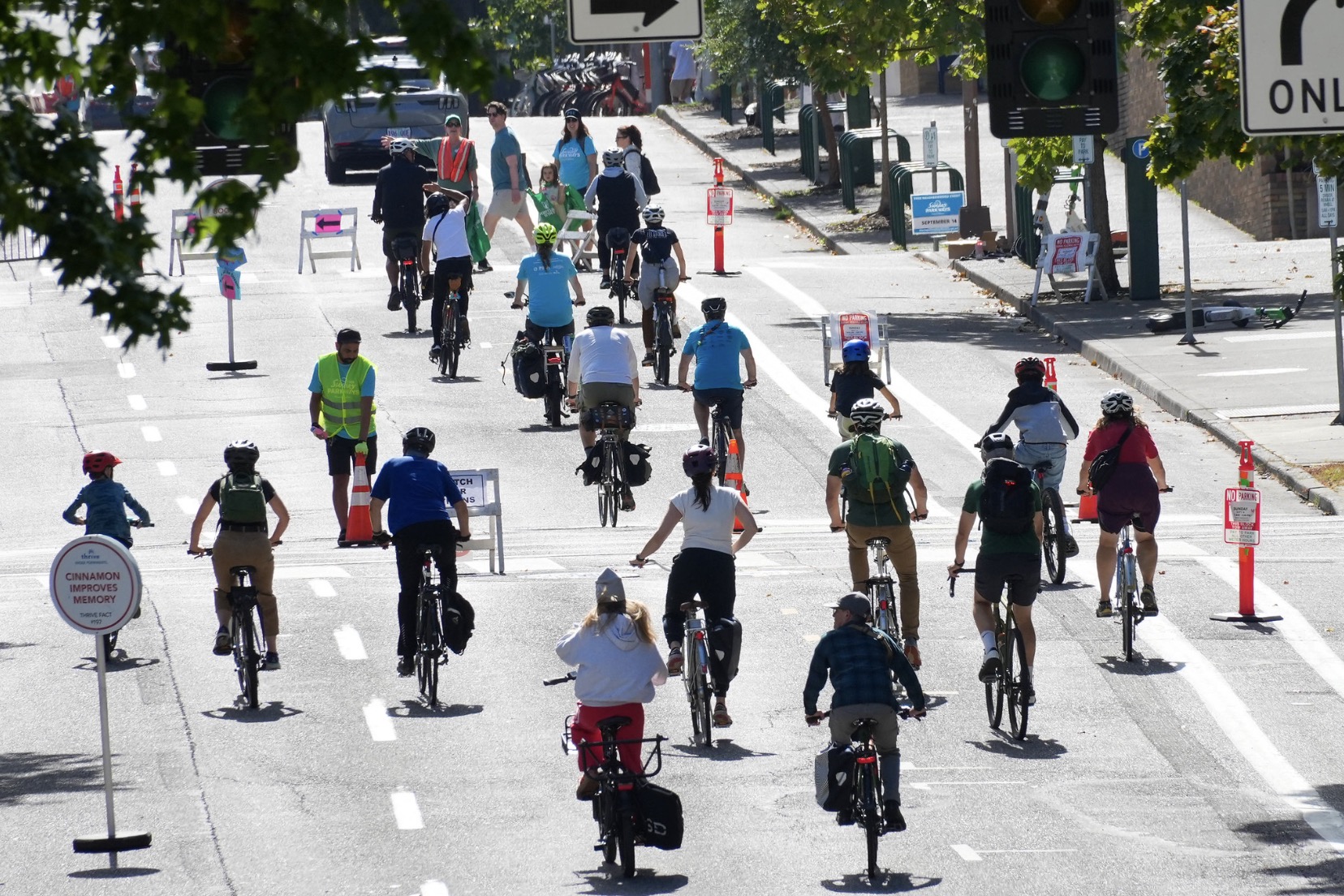
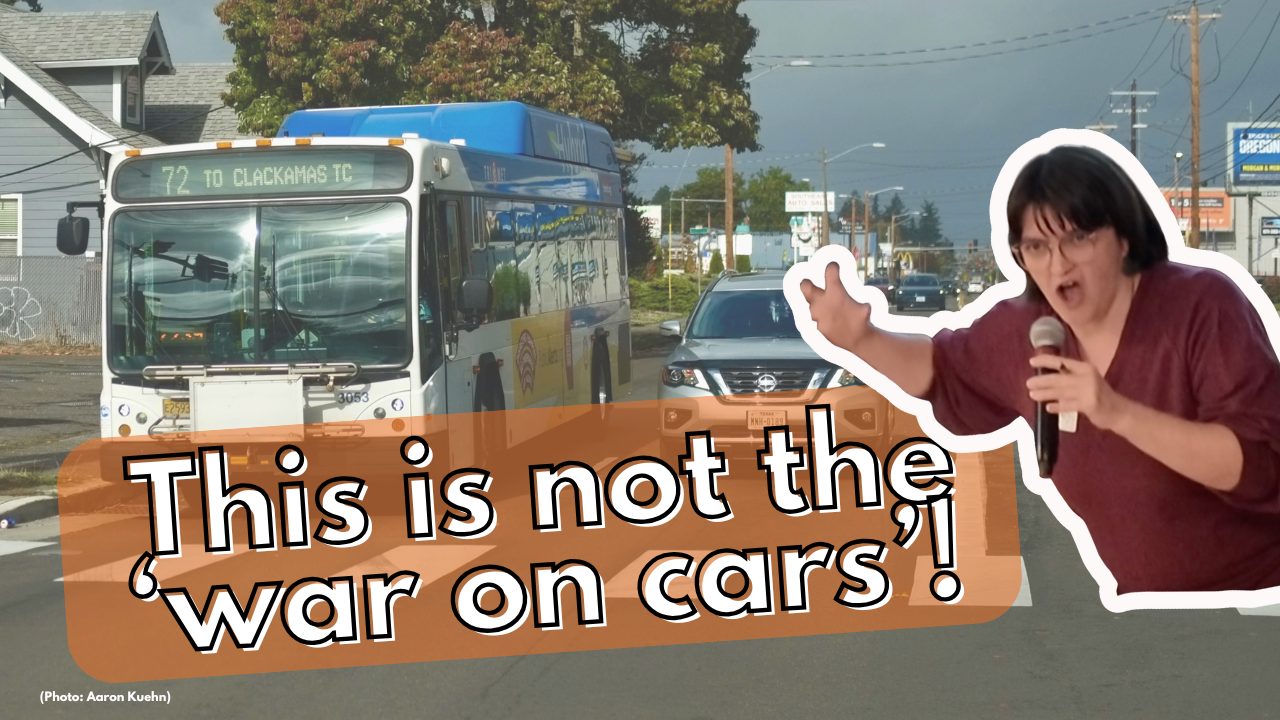
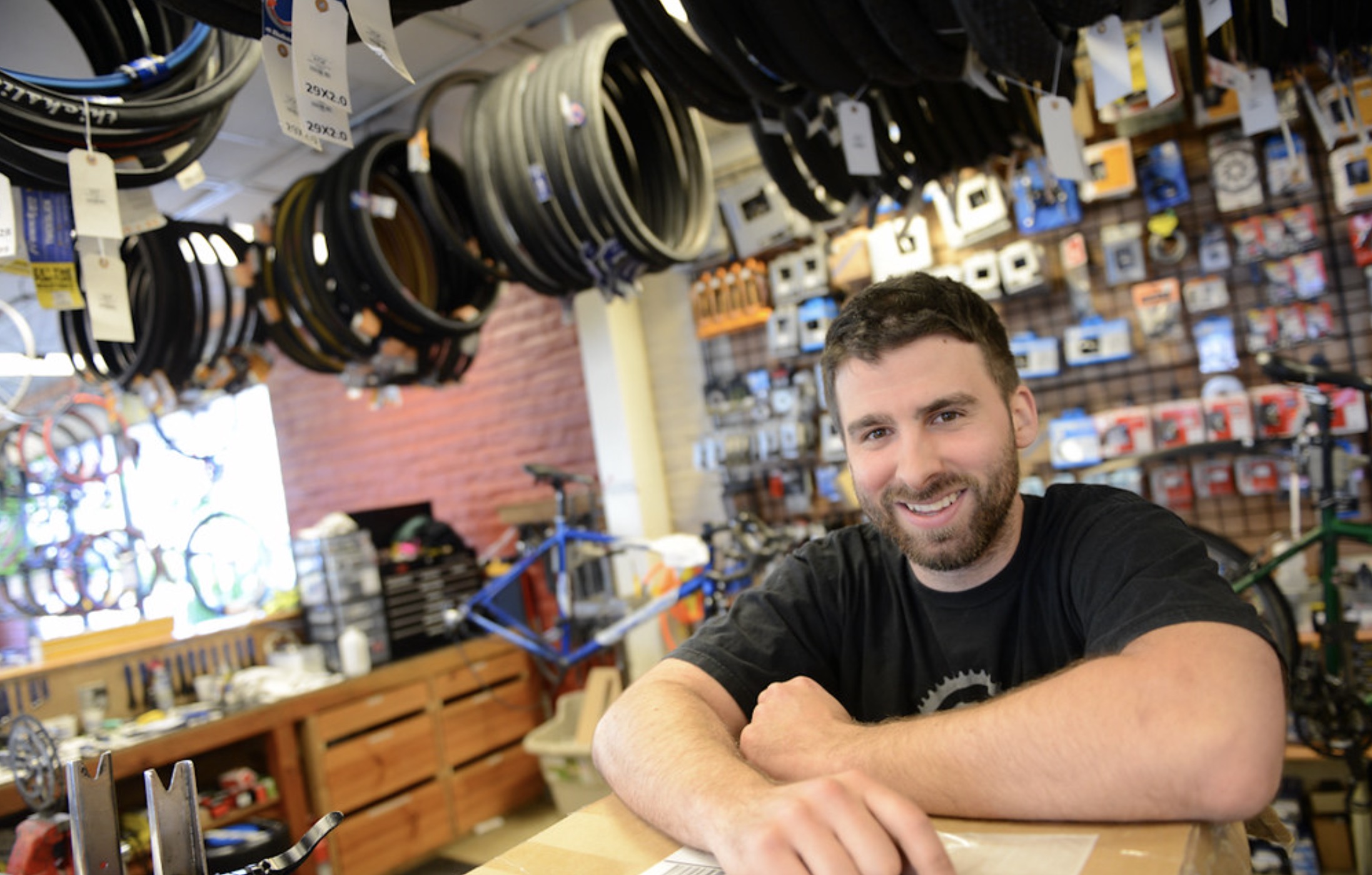


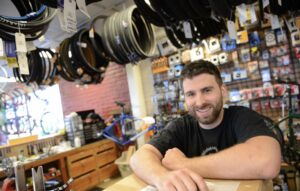



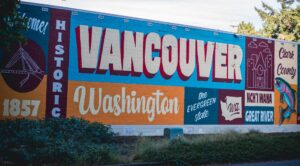

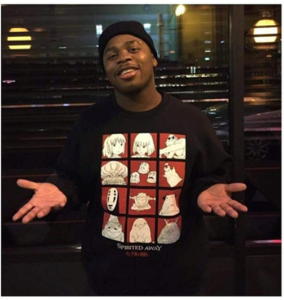

Post Comment